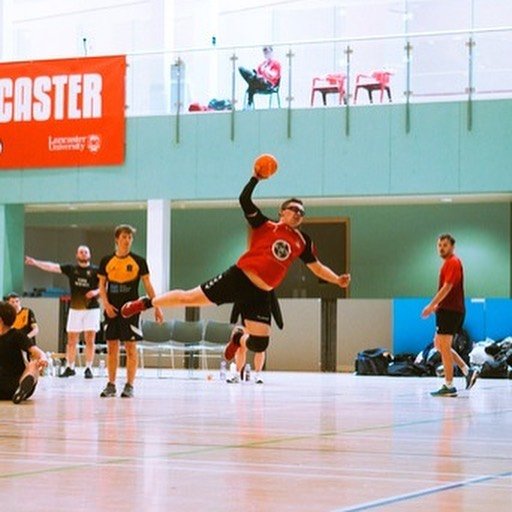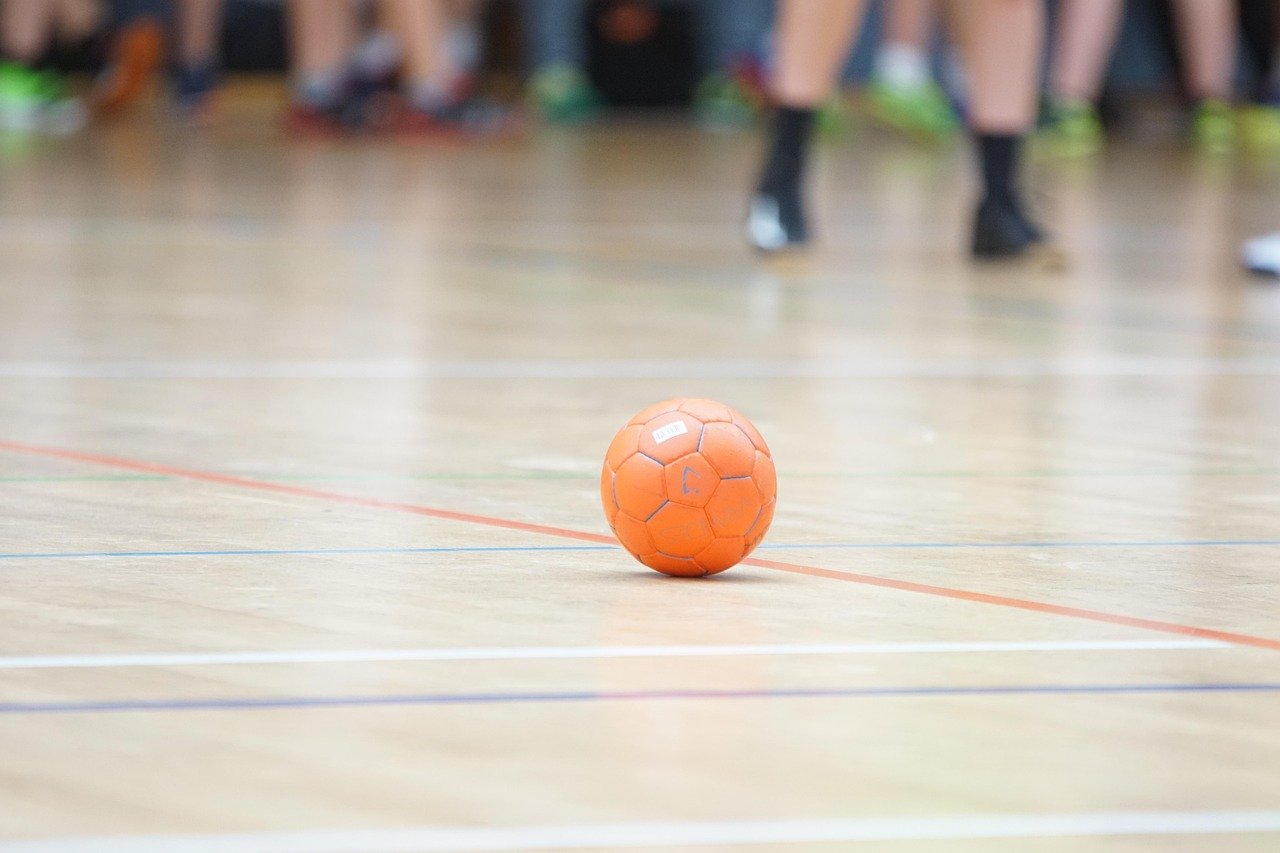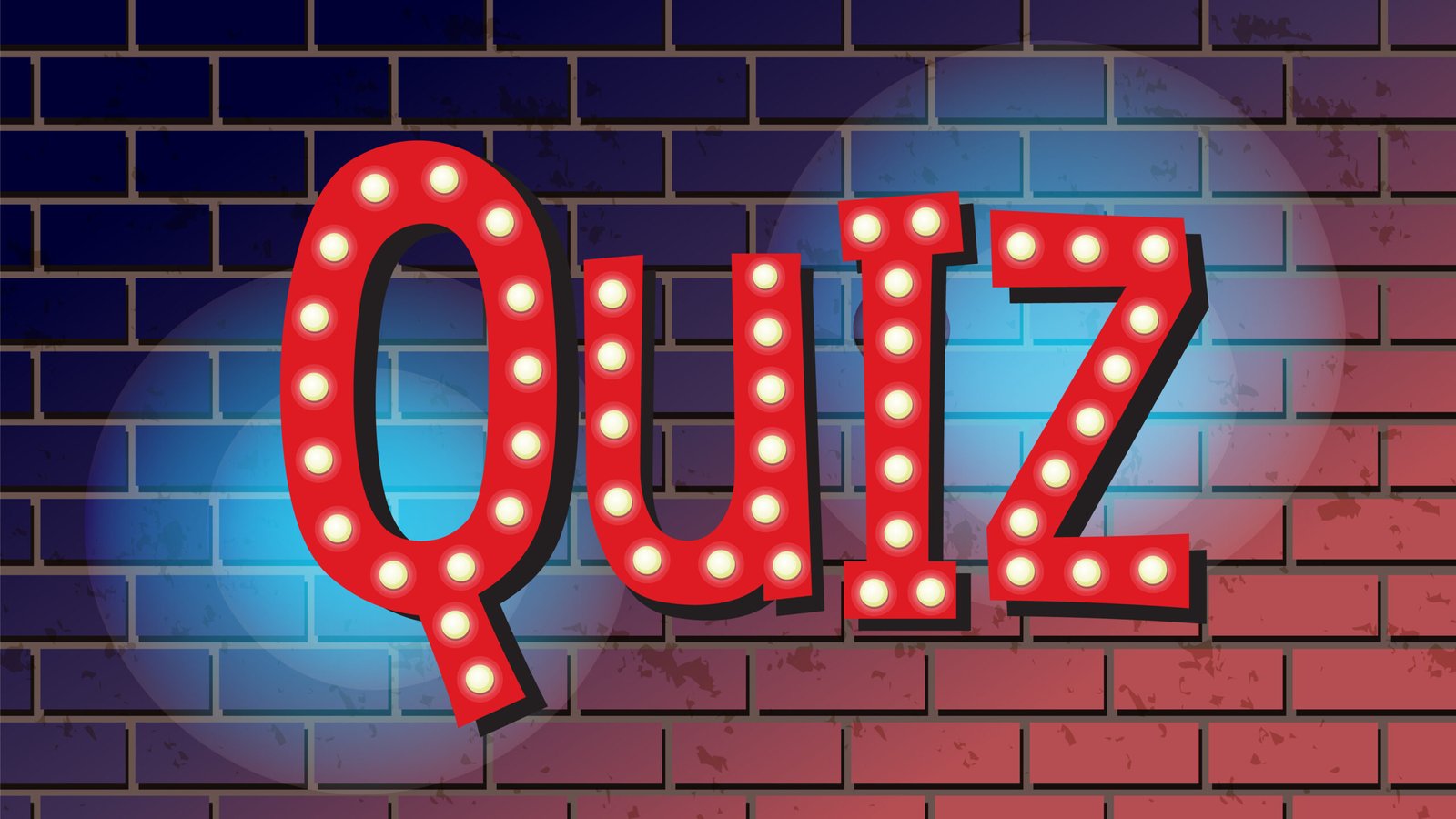Every elite handball player shares one quality that separates them from the rest — game intelligence. Known as “handball IQ,” it’s the ability to read play, anticipate moves, and make rapid, effective decisions under pressure. While technical skill and physical ability are vital, understanding the flow of the game is what truly elevates a player’s impact. This guide explores how to develop handball IQ through awareness, decision-making, and tactical understanding, with insights applicable to all levels.
Understanding What Handball IQ Means
Handball IQ combines perception, anticipation, and decision-making. It’s about reading cues before they happen — spotting when a defender is about to switch, knowing when to play fast or slow, or seeing a pivot free a split second before your teammate does. Developing it requires more than training drills; it demands conscious observation, reflection, and learning from match scenarios.
Players with strong handball IQs know how to:
- Read opponents’ body language and positioning.
- Predict the next phase of play.
- Adapt quickly to tactical changes.
- Exploit weaknesses in defensive systems.
- Manage game tempo in key moments.
The best examples are players like Nikola Karabatić and Stine Oftedal, who make complex choices seem effortless because they’ve internalised game patterns over years of experience.
Building Decision-Making Speed
Fast decisions separate good players from great ones. In elite handball, actions occur in fractions of a second, so improving reaction speed under pressure is essential. To sharpen decision-making:
- Train with constraints: Modify drills to limit space or touches. For instance, restrict passes or force play through a particular zone. These constraints simulate game pressure and push players to think faster.
- Use game-based scenarios: Instead of repetitive drills, train through mini-games that mimic match intensity.
- Video feedback: Watch your own matches to understand what decisions worked or failed — and why.
The more game-like decisions you make in practice, the more instinctive they become. Over time, your brain recognises similar cues and reacts automatically.
Reading Opponents and Game Flow
Developing handball IQ means learning to “read” not only the ball but the players around it. Defenders with high IQ anticipate where the pass will go before it’s thrown. Attackers sense when defenders are about to switch or collapse.
To train this skill:
- Observe positioning in transition phases — many goals come from misreads during defensive reorganisation.
- Study how elite teams defend against different systems (5–1, 6–0, 3–2–1). Notice the triggers for rotations and gaps.
- Watch how pivots move without the ball — their timing often dictates attacking rhythm.
Great players also recognise momentum shifts. Knowing when to slow the tempo, reset, or counter quickly can decide a match.
Pattern Recognition and Anticipation
At the core of handball IQ is anticipation — identifying patterns and predicting the next move. Players can develop this by:
- Watching matches with purpose — pause and predict what happens next.
- Analysing spacing between attackers and defenders to spot likely openings.
- Training with varied defensive setups to expose yourself to different cues.
The goal is to internalise patterns so you don’t have to consciously think about them mid-game. Like a chess player visualising moves ahead, experienced handball players “see” options before they unfold.
Communication and Shared Intelligence
Handball IQ isn’t just individual — it’s collective. Teams that communicate clearly multiply their awareness. Constant talk between defenders (“switch,” “left,” “screen”) and attackers (“one more,” “time,” “line”) keeps everyone synchronised.
Improving team IQ involves:
- Building trust through consistent communication.
- Regular tactical review sessions.
- Encouraging players to take initiative and share observations.
The smartest teams anticipate together, adjusting positioning and timing instinctively because every player recognises the same cues.
Mental Strength and Reflection
Decision-making depends as much on confidence as knowledge. Doubt slows reactions. After matches, players should reflect not just on technique but on decisions: why they passed instead of shot, why they pressed too early, or how they read a play incorrectly.
Keeping a “game journal” — even brief notes — can be valuable. Recording what you saw, what you missed, and how the game developed improves self-awareness, which translates directly into smarter play.
Coaching for Handball IQ
Coaches play a crucial role in developing handball intelligence. Instead of overloading players with instructions, the best coaches encourage autonomy. Guided discovery — letting players solve tactical problems in training — fosters deeper understanding.
Good practice environments for IQ development include:
- Small-sided games with dynamic rules.
- Situations that reward creativity and adaptability.
- Video analysis sessions focused on reading patterns rather than criticising mistakes.
When players learn why something works instead of just how to do it, their tactical intuition grows.
The Long-Term Payoff
Developing handball IQ takes time, but it’s the quality that extends careers and elevates teams. It’s why experienced players remain vital even when physical speed declines — they compensate with anticipation and control.
Ultimately, handball IQ is about playing the game, not just performing in it. The smartest players see two passes ahead, sense danger before it arrives, and make choices that create balance between aggression and patience. If physical ability is your engine, intelligence is your steering — and without it, no amount of power will win the match.



